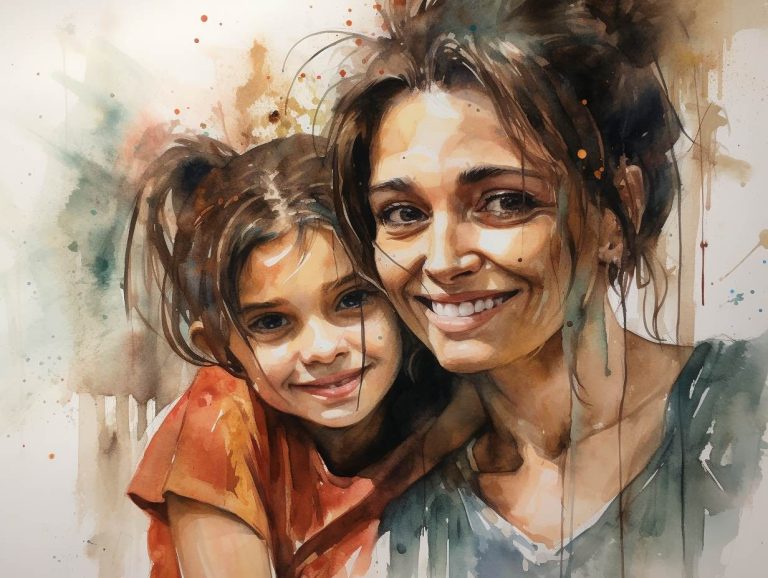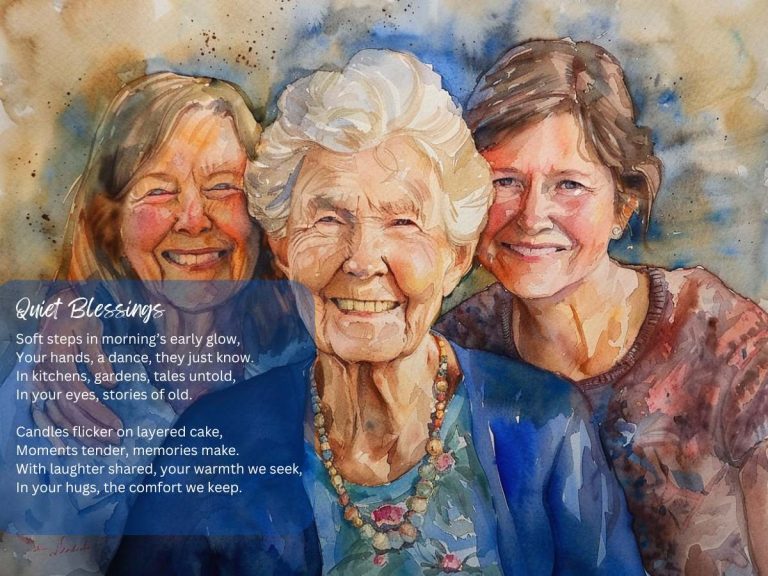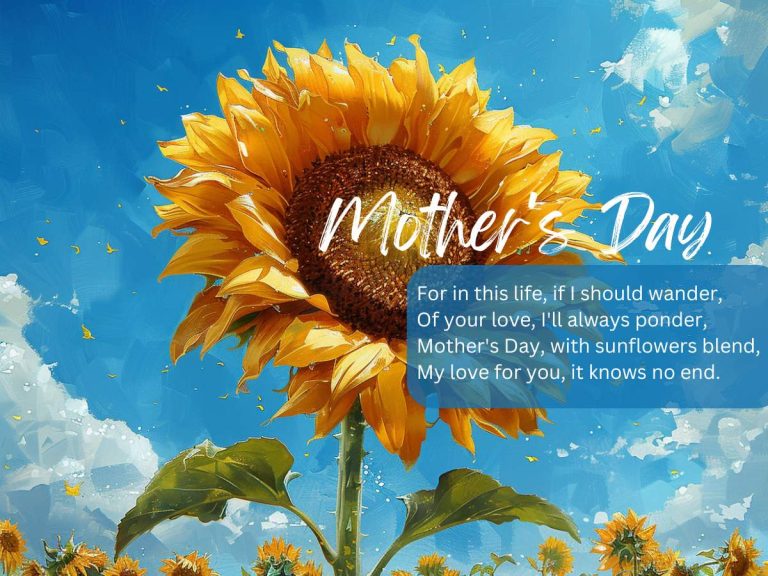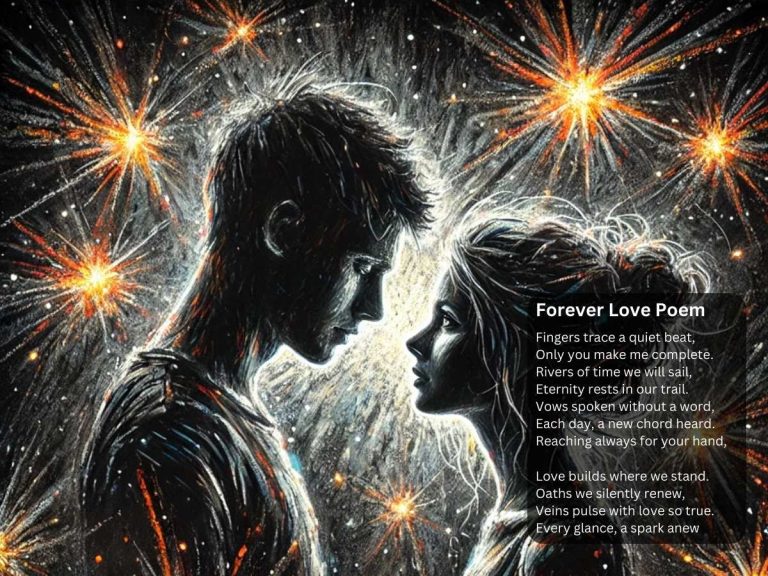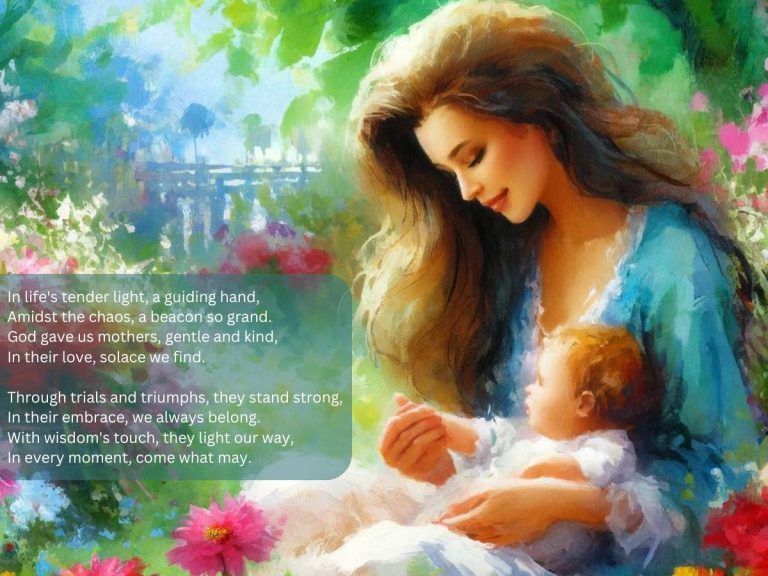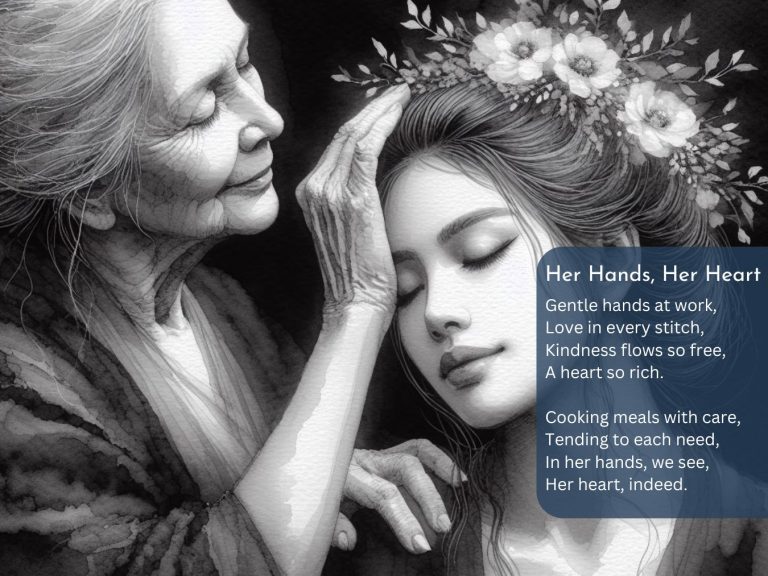Anti War Poems
Table of Contents
No More War
Bullets carve silent cries,
Fields stained with dreams.
Skies once blue, now grey,
Peace shredded at seams.
Children's laughter turned hollow,
Futures lost in the mire.
Hopes hanging on a tomorrow,
Snuffed out, life's fragile fire.
Brothers in arms, now foes,
Bound by grief, not cause.
Tears blend with blood, it flows,
In silence, war's cruel pause.
Doves flee, seeking skies,
Where love's light can mend.
A world weary of goodbyes,
Yearns for conflict to end.
Let swords fall to the ground,
Raise voices for peace, profound.
For in unity, strength is found,
No more war, no more battleground.
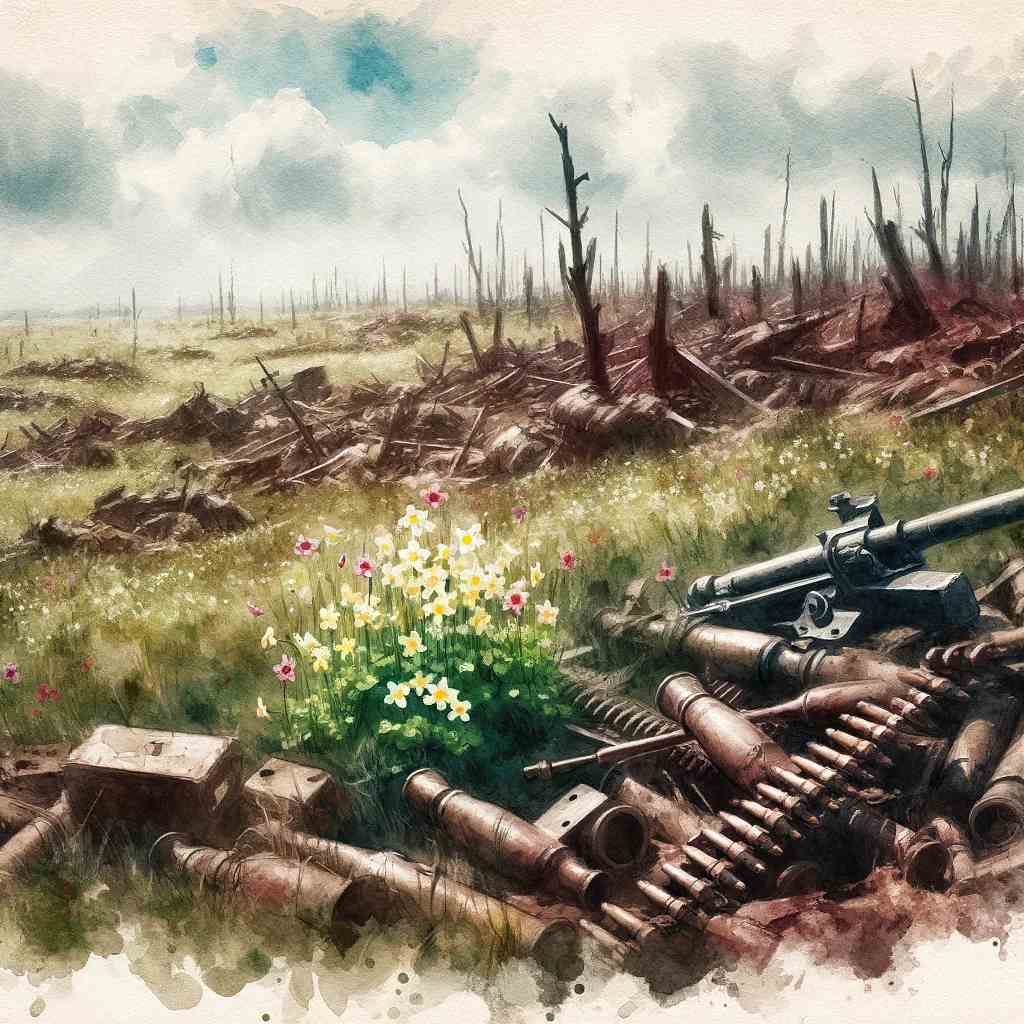
Meaning
“No More War” is a poignant reflection on the devastation wrought by conflict, emphasizing the loss of innocence, hope, and the natural harmony of life. The poem calls attention to the universal grief and the senselessness of war, urging a collective move towards peace and unity. It highlights the paradox of soldiers becoming enemies against their deeper human connections and the unnecessary division and suffering caused by war. Ultimately, it is a plea for the laying down of arms and the raising of voices in solidarity for peace, suggesting that strength and resolution are found not in conflict but in the collective will for harmony.
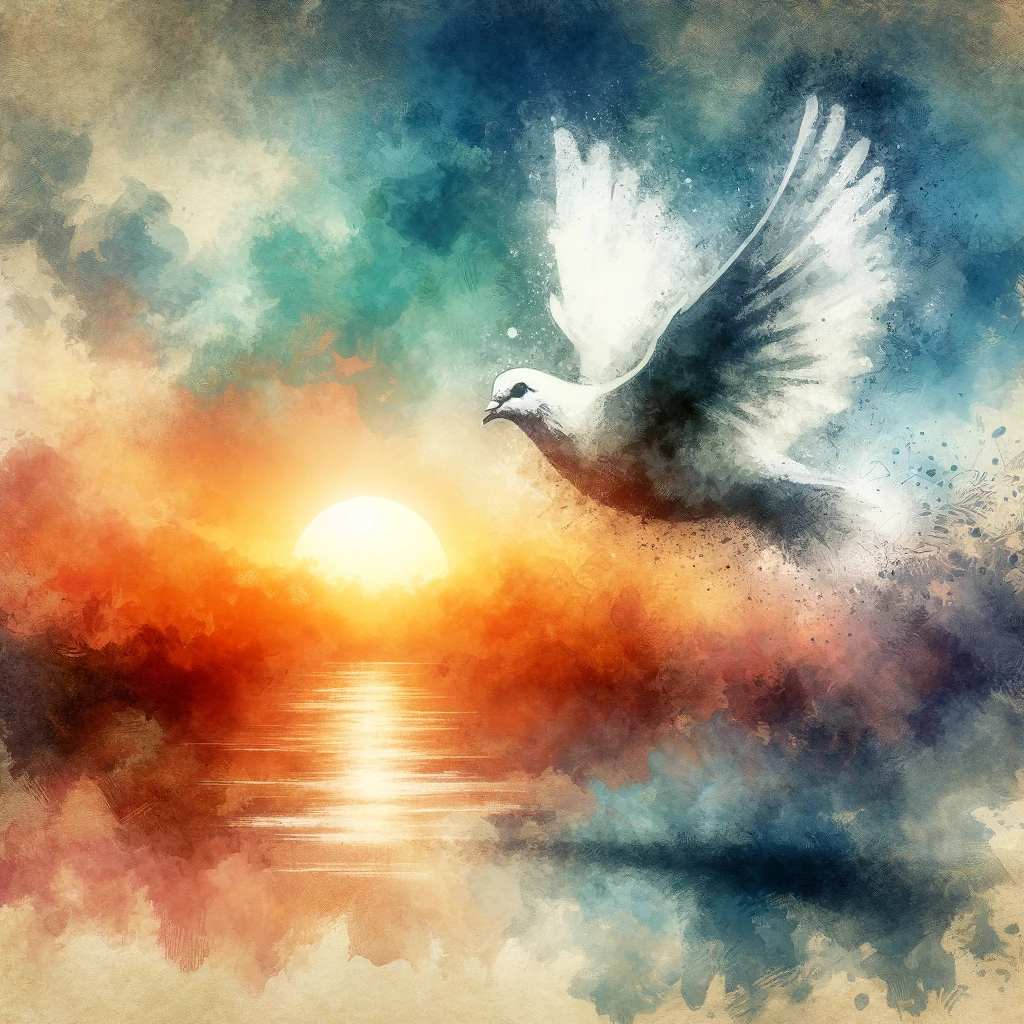
Inspiration Behind
I found my thoughts wandering to the stark contrasts war creates – between beauty and devastation, hope and despair. The imagery of “Bullets carve silent cries” and “Fields stained with dreams” came to me vividly, embodying the tragedy of lost potential and silenced joys. The idea of “doves fleeing” was symbolic, representing the search for a sanctuary from chaos. Writing this, I hoped to evoke a sense of urgency for peace, imagining a world where unity triumphs over division. The final lines, “No more war, no more battleground,” felt like a necessary conclusion, a simple yet powerful call to action.
Shadows of Silence
Guns lay quiet,
Echoes fade.
Tears fill the night,
Promises made.
Walls bear scars,
Stories untold.
Beneath the stars,
Grief takes hold.
Hearts beat alone,
In the chill of loss.
Seeds of peace sown,
On bloodied cross.
Voices call soft,
Across the divide.
Dove's flight aloft,
Winds of change, wide.
Let go of hate,
Clasp hands in light.
Before too late,
Turn war to right.
Together, stand,
For a world remade.
Peace, the land,
Where love's not afraid.
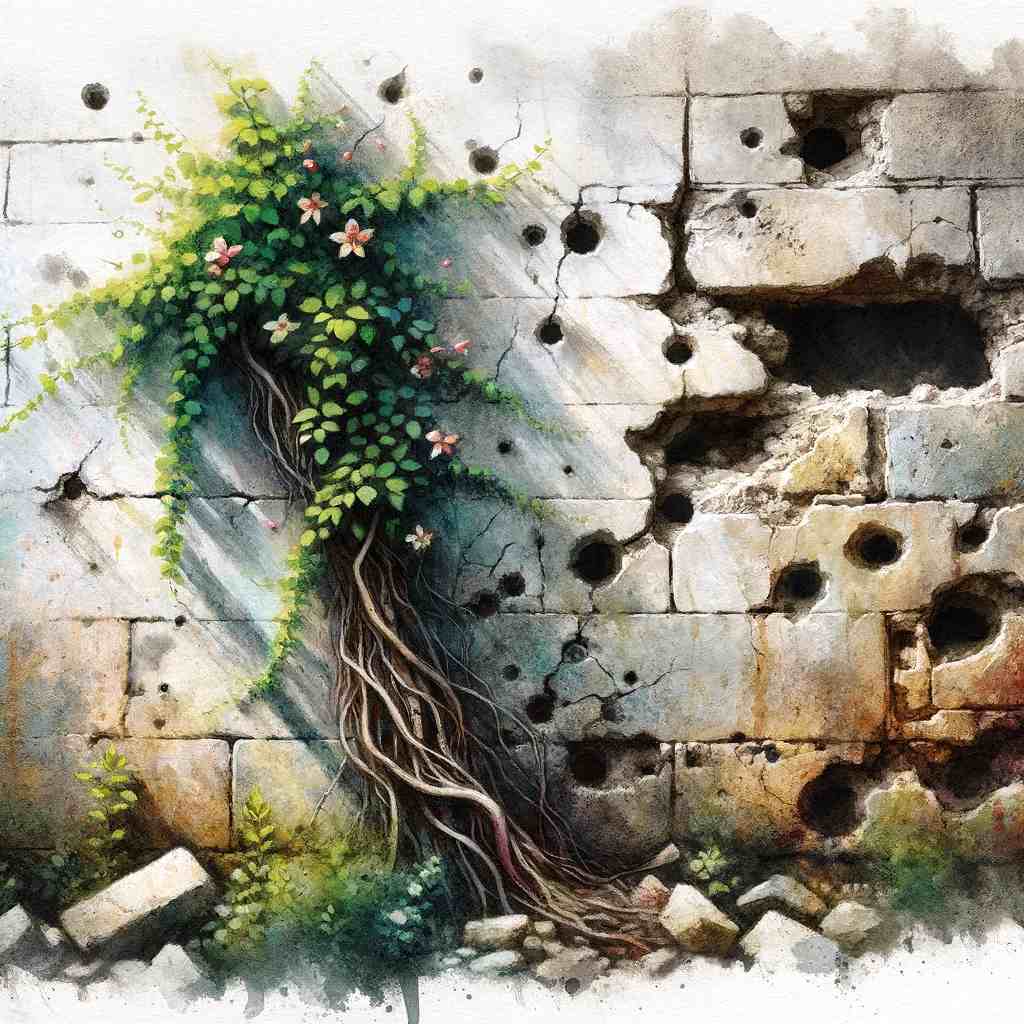
Meaning
“Shadows of Silence” dives deep into the aftermath of conflict, portraying a landscape marked by silence and loss but also tinged with the hope of reconciliation and peace. It reflects on the physical and emotional scars left by war, emphasizing the urgent need for a collective movement towards peace. The poem suggests that even in the deepest despair, there exists the potential for unity and love to prevail over division and hate. By invoking the imagery of seeds of peace sown on a “bloodied cross” and the call for hands clasped in light, it beckons towards forgiveness, understanding, and a concerted effort to build a world where love flourishes unencumbered by fear.
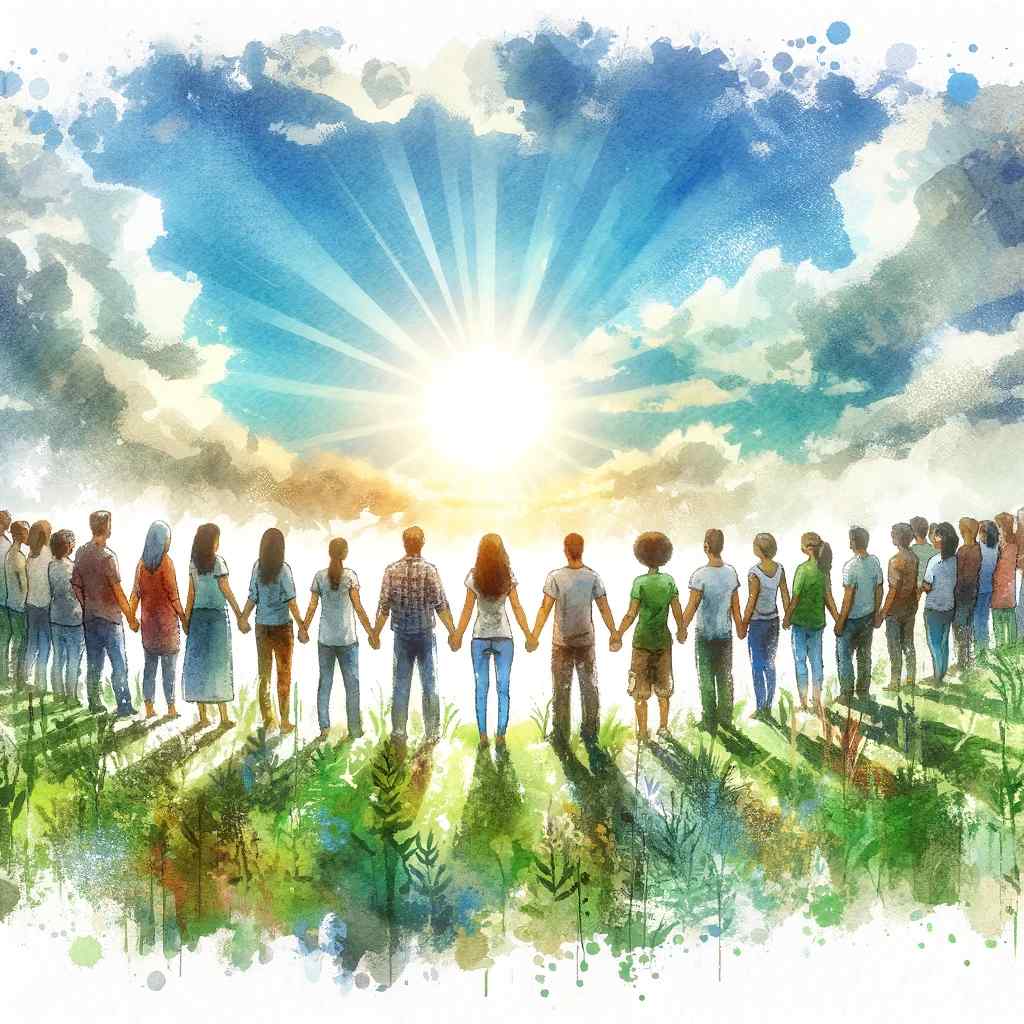
Inspiration Behind
As I penned “Shadows of Silence,” I was moved by the contrast between the remnants of conflict and the enduring human spirit. The visual of “guns lay quiet” and “walls bear scars” struck me, a poignant reminder of war’s lasting impact. Yet, the image of a “dove’s flight aloft” and “seeds of peace sown” sparked a sense of hope within me, a belief in the power of collective healing. This poem was a call to action, born from a vision of a future where love and peace are not just ideals but realities. The final verse, envisioning a world “remade,” is my homage to the resilience and capacity for change that defines us.
Echoes of Peace
War's shadow fades,
Dawn breaks anew.
From the rubble, blades
Of grass pursue.
Tears merge with rain,
Healing the earth.
From pain, we gain
Insight of worth.
Words, not weapons, wield,
In dialogue, we trust.
Broken bonds, now healed,
In understanding, just.
Hands not for holding guns,
But for planting seeds.
Beneath the same suns,
Grow peace, not deeds.
Echoes of peace, call loud,
Across lands, far and near.
Above the clouds, proud,
A new world appears.
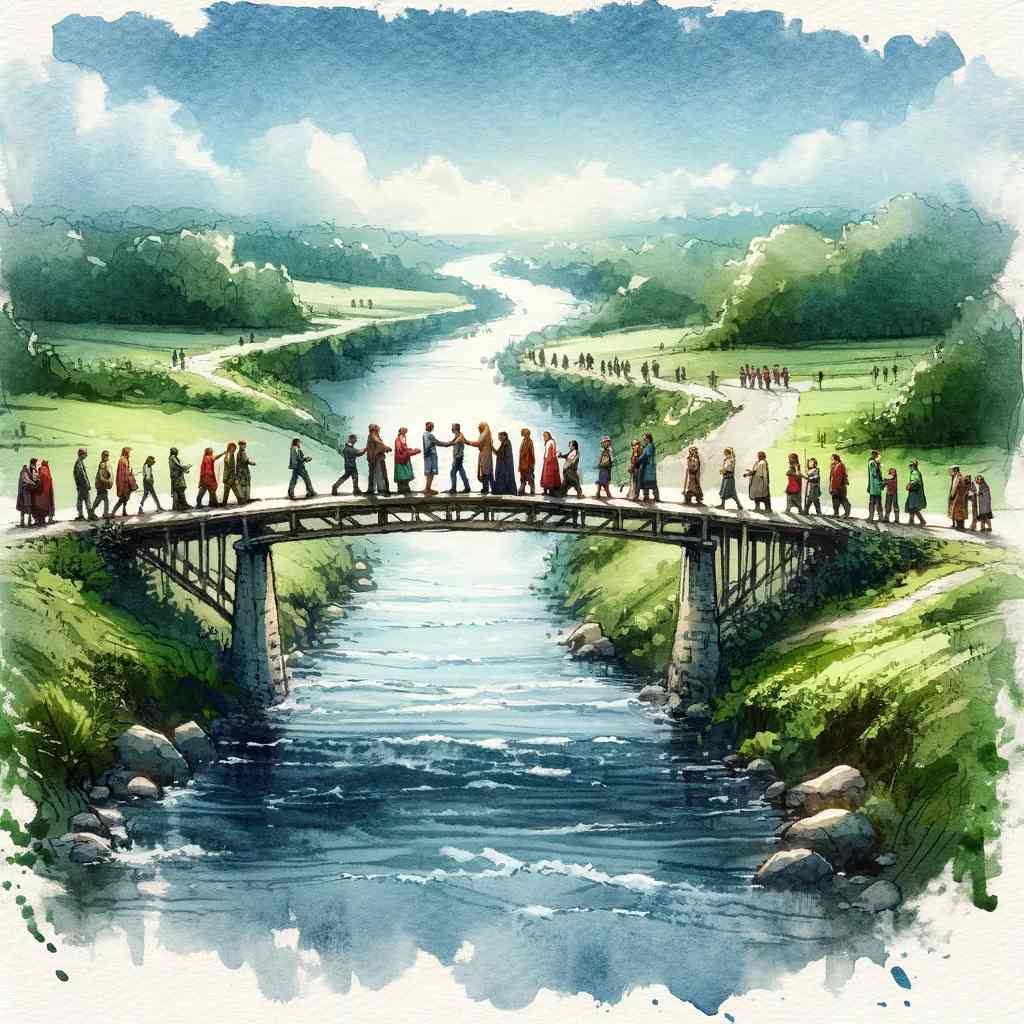
Meaning
“Echoes of Peace” delves into the transformative journey from the aftermath of conflict to the hopeful rebirth of peace. It emphasizes the resilience of nature and humanity to rise from destruction and sorrow, finding renewal in the simplest acts of growth and healing. The poem advocates for communication and understanding over violence, suggesting that true strength lies in unity and the shared endeavor of nurturing peace. It envisions a world where the legacy of war is replaced by the collective pursuit of harmony, where every action contributes to a chorus of peace that resonates across all divides.
Inspiration Behind
The imagery of war’s shadow giving way to the dawn of peace sparked my creative flow, envisioning a world reborn from the ashes of conflict. The metaphor of “tears merge with rain” struck me deeply, symbolizing a universal mourning that nourishes the soil for new beginnings. I was inspired by the potential of words to bridge gaps, imagining a world where hands once destined to wage war are now agents of creation, planting seeds of peace. Writing this poem felt like tracing the arc of humanity’s hope, a narrative where every line is a step away from darkness and towards the light of understanding and unity.
Fragments of Tomorrow
Ashes settle,
Silence screams.
On battle's kettle,
Peace now dreams.
Lost in the shadows,
Hope dares to tread.
Beyond the gallows,
Dreams not dead.
Rivers of sorrow,
Wash the stains.
From yester's morrow,
Only love remains.
Words weave bridges,
Hands hold, not hurt.
Beyond the ridges,
Flowers from dirt.
Eyes to the sky,
Hearts full of light.
On wings, we fly,
Turning might to right.
Together, breathe,
A world reborn.
Peace, we bequeath,
In unity, sworn.

Meaning
“Fragments of Tomorrow” captures the aftermath of conflict and the resilient spark of hope amidst despair. It portrays the transition from darkness to the potential for a peaceful future, where love and unity outlive the remnants of war. The poem emphasizes the power of compassion, understanding, and collective action to heal and rebuild. It invites the reader to envision a world where strength is measured not by might but by the capacity to foster peace, where humanity’s shared dreams of a harmonious future take root in the fertile ground of present actions.
Part of this poem is embedded in this image.
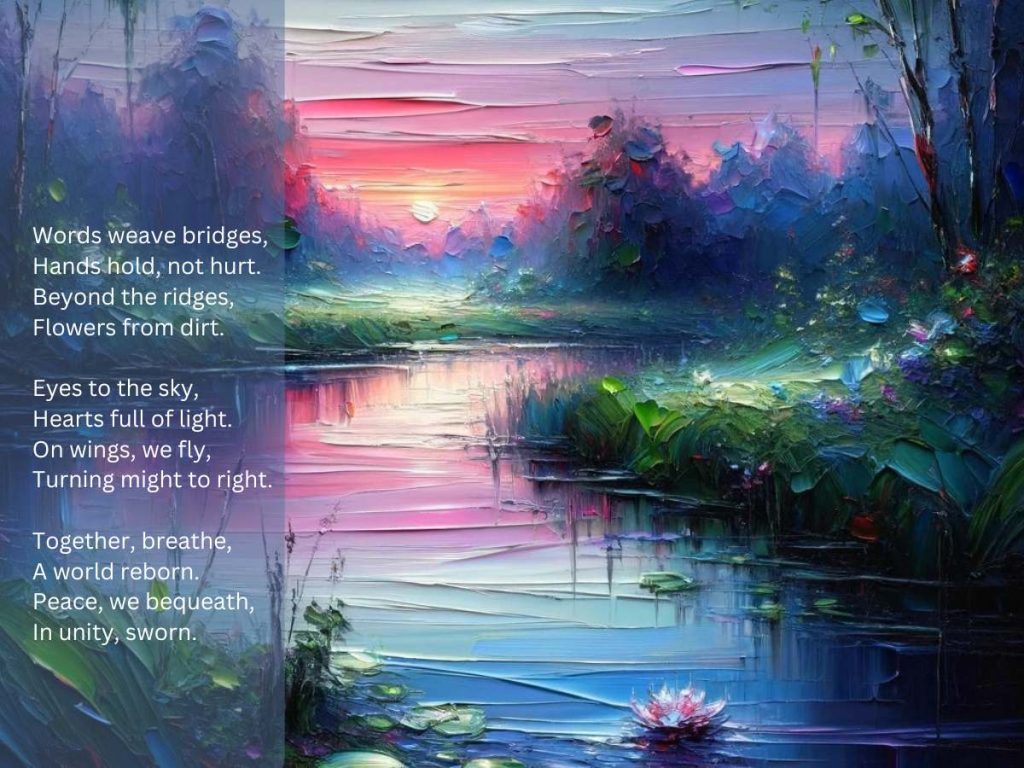
Inspiration Behind
The vision of a world gently emerging from the ashes of conflict inspired “Fragments of Tomorrow.” The contrasting images of “ashes settle” and “peace now dreams” stirred my imagination, capturing the delicate balance between loss and hope. I envisioned rivers washing away the sorrow, leaving behind the seeds of love and unity to grow. The idea of creating bridges with words, and transforming weapons into plowshares, resonated deeply with me. Writing this poem felt like weaving a tapestry of hope, a declaration that even in our darkest moments, we carry within us the light of future peace.
End Words
The collection of Anti War Poems presented offers a reflective journey through the themes of war and peace, exploring the aftermath of conflict and the resilient hope for a harmonious future. Through vivid imagery and concise language, each piece advocates for unity, understanding, and the transformative power of compassion. They underscore the potential for healing and the collective responsibility to nurture a world where peace prevails, inviting readers to consider the impact of their actions on the fabric of shared humanity. The accompanying watercolor images enhance the poems’ messages, providing a visual testament to the beauty of a peaceful existence and the possibility of a world remade in the light of understanding and cooperation.

